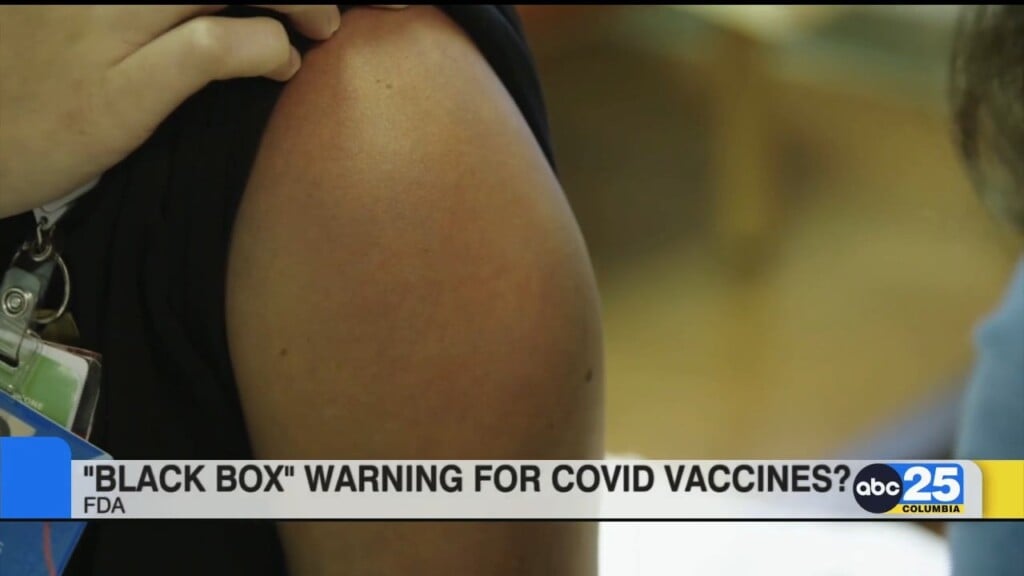DHEC asking residents to submit dead birds to help track West Nile virus
COLUMBIA, SC (WOLO)– The South Carolina Department of Health and Environmental Control says residents can help the health agency track West Nile virus by submitting certain species of dead birds for testing. DHEC says its dead bird surveillance program helps to better understand when there is an increase in virus activity, which is reported to local mosquito control programs who take action. Health officials say mosquitos can become infected after feeding on birds carrying the virus in their blood, and the mosquitos can later pass it on to humans and animals.
“The public’s involvement with dead bird surveillance helps identify West Nile virus before it shows up in people,” said Dr. Chris Evans, State Public Health Entomologist. “This is a unique opportunity for the public to proactively assist their public health agency in staying ahead of a potential health risk.”
DHEC is asking for recently deceased crows, blue jays, house finches and house sparrows who don’t appear to have been injured or decaying. Officials say these birds are more susceptible to West Nile virus. You can take the birds to local Environmental Affairs offices March 15-November 30.
In order to safely collect a dead bird, DHEC has the following instructions:
- Use gloves or doubled plastic bags to pick up the bird
- Do not touch any bird, dead or alive, with your bare hands
- Once bagged, keep the bird cool until it can be put on ice
- Put the bird in a cooler if you can’t deliver it within 36 hours of collection
- Do not store with food
You’re asked to fill out a Dead Bird Submission and Reporting Sheet for West Nile Virus and bring it with the dead bird when submitting it. You can submit the bird to local Environmental Affairs offices Monday-Friday from 8:30 a.m.-5 p.m.
You can get more information on DHEC’s website.


